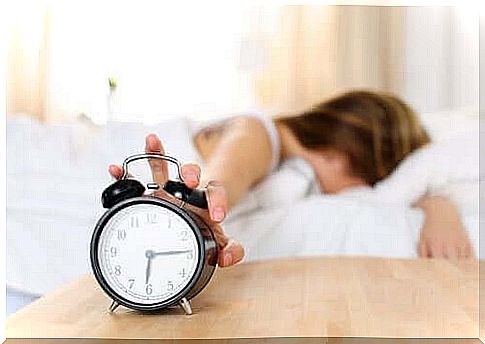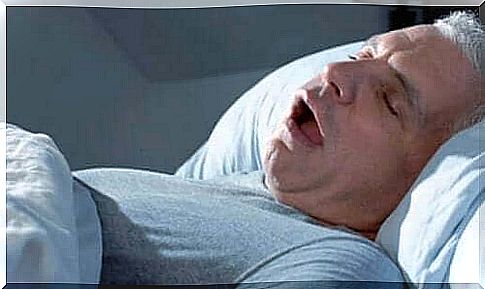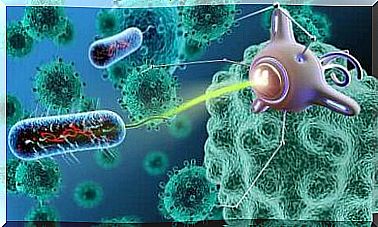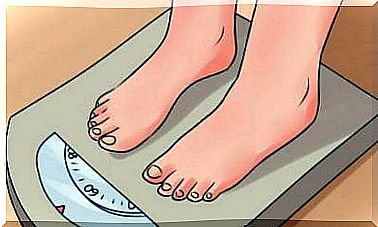Are You Often Tired When You Wake Up?

If you’re tired of waking up in the morning even though you know you’ve slept for several hours, you’re probably wondering what could be wrong. Many things can cause this discomfort. The rough fact is that most often morning fatigue is not caused by insomnia.
When you think about it, you feel like you’ve had enough hours of deep sleep, but you still wake up tired. And this happens often, but you don’t know why. No matter how many hours you sleep and whether you wake up to the alarm clock or not, after all, the same thing happens: you wake up tired, your mind shakes and you are in a very bad mood.
Why are you tired when you wake up? Why don’t a decent night’s sleep take away that feeling as well?
Read on to find out.
Are you tired when you wake up?
The first useful thing to know is that sleeping occurs in cycles. Although we humans adapt very easily, the body and mind work better if we always follow the same routines and schedules. This is crucial for vitality.
For example, if during the week you always go to bed by 10pm and wake up at 6am, but on weekends again you don’t control your bedtime and wake-up time in any way, your body rhythm gets mixed up. Then you can be tired when you wake up, no matter how many hours you sleep, both during the week and on the weekend.
Normally, people have five 90-minute sleep cycles every night. Each cycle, in turn, is divided into four stages. If wakefulness and rest times change, you can wake up at the “wrong time,” that is, before all cycles and cycle steps have been completed.
What can follow from this?
You are tired when you wake up.
Sleep disorders

In many cases, the cause of morning fatigue is a sleep disorder. If you often have difficulty falling asleep or waking up several times a night, you’re probably tired already when you wake up and maybe all day. One common disorder that affects sleep quality is sleep apnea. This is a disorder in which a person’s breathing breaks during sleep. One of the immediate consequences of sleep apnea is that when you wake up, the person feels as if he or she has not slept at all.
Ingestion of some substances
Ingestion of certain substances, such as alcohol, is a major barrier to achieving good sleep. It has a paradoxical effect: even if it first causes drowsiness, it does not ultimately allow us to sleep properly. This type of phenomenon also occurs with some drugs, especially sedatives.
Coffee is also the enemy of good sleep. When we drink a cup of coffee in the morning, we feel more energetic and refreshed. If, on the other hand, we drink it late in the afternoon or evening, we probably won’t be able to sleep well at night. Coffee should not be drunk for at least five hours before bedtime.
Psychological problems
One reason for waking up tired is the way the human mind works. Many times, just before falling asleep, we go through our minds with all the worries or things or decisions not made during the day. Late night is the worst time to do so. It causes “nocturnal anxiety” and affects rest.
Stress in general prevents us from sleeping peacefully. It keeps us alert even when we sleep. If this has ever happened to you, you’ve probably noticed that you wake up easily in the middle of the night, you don’t get caught up in your sleep again, and you’re tired when you wake up in the morning. If this is a problem for you, you may want to learn different relaxation techniques to alleviate it.

Other possible reasons why you are tired when you wake up
In addition to the reasons we mentioned above, it is very possible that you are tired in the morning because your sleep hygiene is not healthy. Among other things, a bright bedroom, noise and too high a temperature interfere with a peaceful rest.
Poor daily habits are also associated with sleep hygiene. Several studies have shown that fluttering the screens before going to bed is not good for rest. It is also not good to eat large meals in the evening just before bedtime, nor large amounts of sugar. The quality of sleep is also affected by exercise: if your body has been active during the day, you are more likely to sleep better than if you just sat and slept all day.
On the other hand, problems in the intestinal microbiota can also be reflected in sleep, making it inferior. Microbial problems affect the production of hormones and neurotransmitters needed for relaxation and peaceful rest. If your gut is not feeling well, you are probably not sleeping properly.
All of these factors play a role in sleep quality and can be the reason why you are tired when you wake up in the morning.









